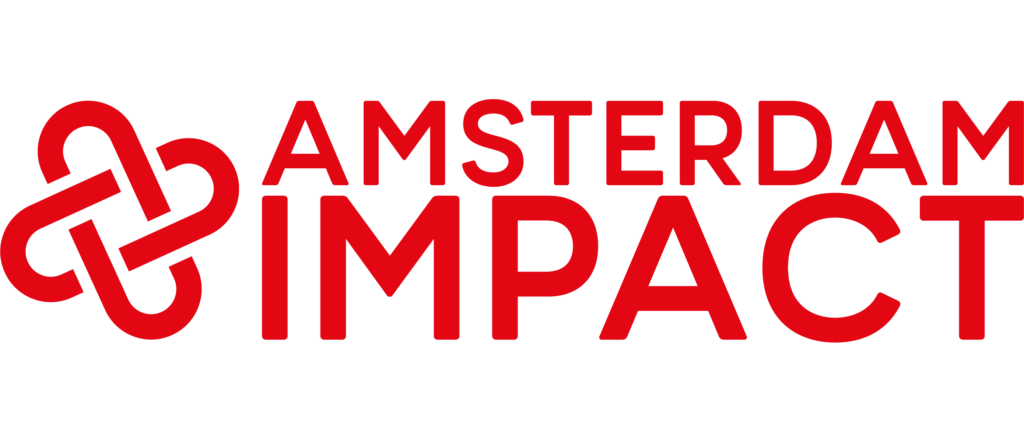Unpack Impact 2022: Investing in Degrowth

KEYNOTE RECAP
Have we learned from the limits to growth?
In his engaging keynote, Tielbeke, who has been studying the ecological crisis for seven years, talked about the findings of We Were Warned, a book he published in 2022, the fiftieth anniversary of The Limits to Growth, the Club of Rome’s 1972 report and a milestone in the environmental debate. This landmark publication used computer simulation to examine the consequences of exponential economic and population growth with finite resources.
It claimed that “the most probable result will be a rather sudden and uncontrollable decline in both population and industrial capacity”. Or, in Tielbeke’s words, “if we keep going like this, the system will collapse. There simply aren’t enough resources.”
In We Were Warned, Tielbeke investigates what we (didn’t) do with this early prophetic warning. Initially, prominent Dutch politicians took it seriously and saw it as a catalyst for forward-thinking policy. The coalition of the country’s progressive parties of that time, PvdA, D66 and PPR, argued in Turning Point 1972 that we must control economic growth to keep the Netherlands – and Earth – livable.
Two decades later, the global science community raised the alarm that the boundaries of sustainable growth are long behind us – something argued in Beyond the Limits, a less impactful follow-up to The Limits of Growth. Yet, despite these warnings, there was worldwide optimism about innovation and market forces embraced as solutions to our environmental problems.
This optimistic approach, says Tielbeke, is perfectly encapsulated in former US president George H.W. Bush’s 1992 Rio Earth Summit address. “A growing economy creates the resources necessary for environmental protection, and environmental protection makes growth sustainable over the long term”, Bush stated.
The idea of green growth had become the norm. Still, in 2002, the seeds of doubt started to sprout. They came to light at the 2002 World Summit on Sustainable Development in Johannesburg, which adopted a plan with provisions for activities and measures needed to achieve development that considers respect for the environment.
Fast forward to 2022, fifty years after the publication of The Limits of Growth, when the climate crisis has reached monumental proportions, and green growth seems more like a contradiction in terms. And beyond climate, biodiversity loss is also gaining more attention as a potentially even more significant threat.
Is it too late for degrowth?
Tielbeke believes there’s still hope. Inspiring ways forward can be identified in the seminal work of the Stockholm Resilience Centre on the nine planetary boundaries, which are complemented in Kate Raworth’s increasingly popular doughnut economy model by social boundaries. As Raworth explains, we must “ensure that no one falls short on life’s essentials[…], while ensuring that collectively we do not overshoot our pressure on Earth’s life-supporting systems.”
Tielbeke ended on an optimistic note: change can and has to come bottom-up from citizens and entrepreneurs contributing to a degrowth-centric economy. He argues that policies and regulations will eventually catch up, giving the example of New Zealand, whose government launched a well-being budget in 2019 to gauge the long-term impact of policy on the quality of people’s lives and the environment.
“Citizens, entrepreneurs, activists – everyone must engage in critical debate and apply pressure. And political action will reflect civil society’s pressure,” Tielbeke concluded.
